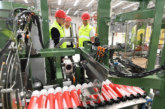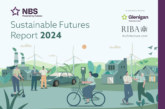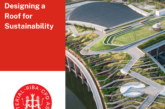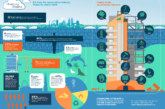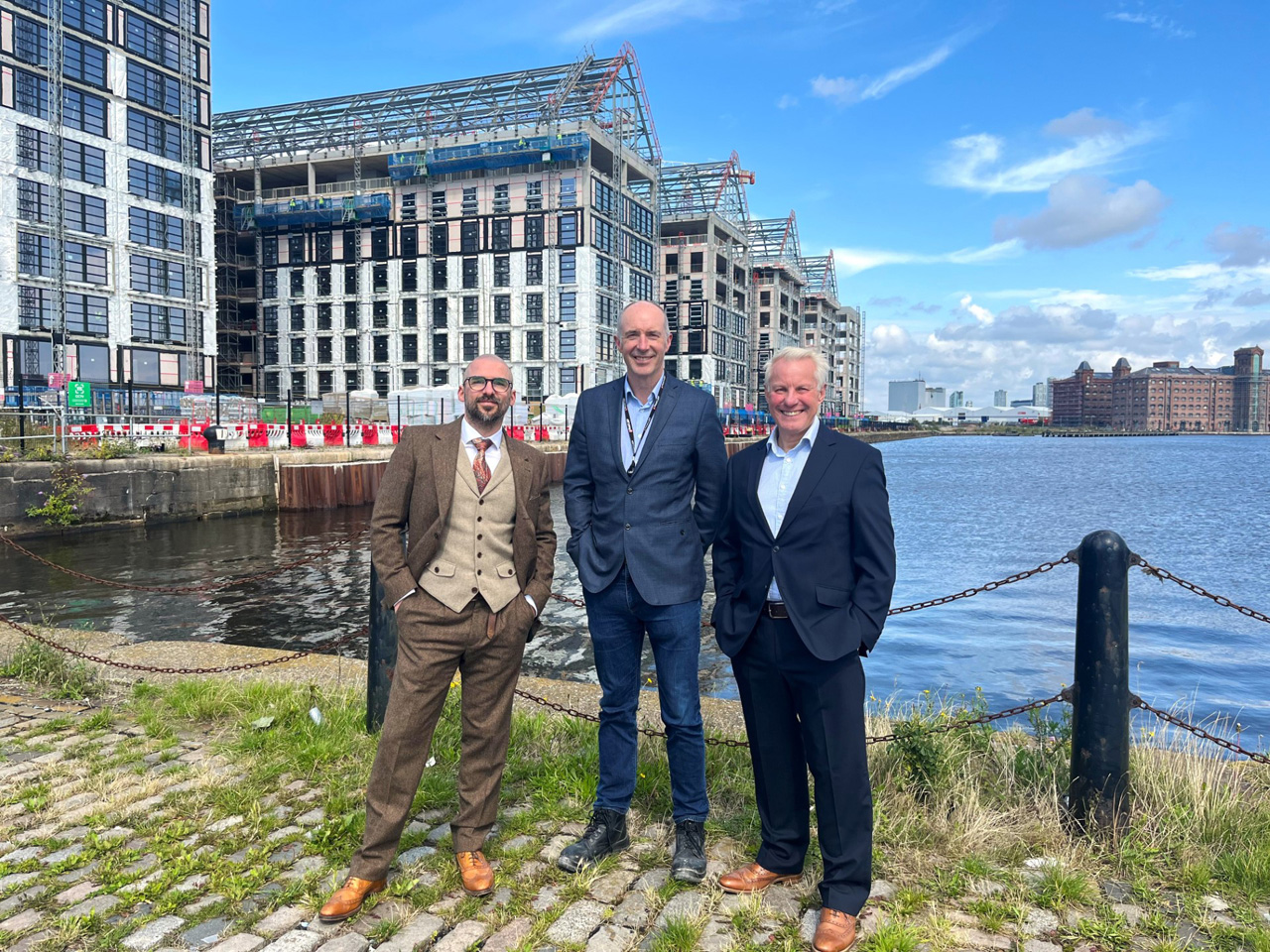
An internationally significant research project has begun at Peel L&P’s Wirral Waters to drive out plastics in the construction industry and lead the development of sustainable plastic-free alternatives.
Sustainability and innovation in Modern Methods of Construction (MMC) are central to the development of Wirral Waters — one of the UK’s largest regeneration projects with a consented Masterplan of 20 million sq ft.
In 2021, Peel L&P became a member of Changing Streams CIC and signed up to its Charter, which sets out a clear mission and ambition for reducing plastic in the construction industry.
A ground-breaking partnership was then formed bringing together Peel L&P and its construction partners with Changing Streams and researchers from the University of Liverpool to identify where sustainable plastic-free alternatives can be used in the building sector.
This new partnership is now working to identify the amount of plastic used in construction, to develop innovative tools to design out plastic, and to establish new R&D opportunities to produce the plastic-free materials of the future.
Miller’s Quay, Peel L&P’s cornerstone residential scheme at Wirral Waters which celebrated its topping out ceremony last month, will be a key part of the research project. Over the next three to four months, the £130m residential development will become a hot bed of research and analysis, with academics assessing the potential for the construction industry to reduce the volume of plastics being used.
Changing Streams CIC was established in 2019 to tackle plastic pollution in the industry. The construction sector was chosen as the first because, after packaging, this industry is the largest user of plastics — generating over 50,000 tonnes of plastic packaging waste each year in the UK.
Working with The University of Liverpool, Changing Streams acts as the bridge between academia and industry to drive and effect change and reduce our plastic footprint. The Charter includes a commitment from members to significantly reduce plastics in the construction industry, whether in design of the building, materials or packaging.
Dr Gareth Abrahams, Co-Founder and Head of Building Design Research at Changing Streams CIC, commented: “We are seeing a shift in the way that we design and construct the buildings that surround us and the buildings that we call ‘home’. As part of this shift, many of us are asking some very important questions about the way they perform — how much energy do they need to keep us warm or cool. But so far, there has been far less attention on the things we need to build these homes. This is not just about embodied carbon but also about embodied plastic.
“This partnership between Peel L&P, Changing Streams CIC and the University of Liverpool is the first dedicated attempt to tackle this issue on a large, landmark scheme like Miller’s Quay. Our first project together will be an initial step in a long-term plan that will help position the Liverpool City Region as a thought leader and driver of change in the construction industry.”
Richard Mawdsley, Director of Development for Peel L&P’s Wirral Waters, added: “Miller’s Quay was designed to be at the forefront of sustainable regeneration and so it is fitting that it should also serve as a pilot for this new partnership. Over the last 12 months, the team have already worked together to identify the ‘hidden’ plastics within the specification and detailed design of the building and have established new tools that can help remove them on future projects.
“We want to make Wirral Waters one of the most sustainable regeneration projects in the UK, and we cannot achieve this without tackling the issue of plastics in the construction process. Whilst this research is beginning at Miller’s Quay, Changing Streams is likely to be involved in other Wirral Waters developments, such as the Maritime Knowledge Hub.”


